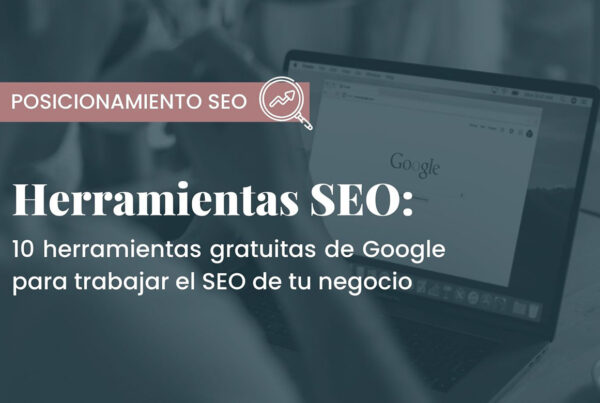Transactional keywords are those search terms that already have the intent to purchase or convert. Hence, the great importance of having a website well-positioned for these keywords.
Normally, transactional keywords are quite competitive in the SERPs, but by doing good keyword research, we can find valuable long-tail keywords for our website. Here are some good examples of transactional keywords:
- Buy sony speaker
- Hire fiber optic in Madrid
- Physiotherapist in Móstoles
The search intent of the user is key to determining which words are transactional. As we mentioned earlier, these terms are usually highly competitive, and therefore we can look for a composition of words that is also searched for, but although it has fewer searches, it also has less difficulty ranking and can bring us highly valuable traffic from potential customers.
What is a longtail?
A longtail is a longer and more specific search. These keywords have more chances of conversion because the user is already looking for exactly what they want. Example: “Nordic for a 135 bed with cover.” These keywords have lower positioning costs as they are less difficult to rank.
What types of keywords are there?
There are several types of keywords that, depending on the type of website you have, some will be more suitable than others.
- Informative keywords: These respond to doubts users have. This type is used in blogs or informational sites like newspapers. Example: “How to make carbonara pasta?”
- Transactional keyword: This type of word has already been explained, but basically, it seeks a conversion. Example: “Order pasta for delivery”
- Link keywords: This type of word is perhaps the most curious. It’s the intermediate term between an informative and a transactional keyword. Example: “Places to visit in Madrid.” The user intends to visit Madrid, and if, for example, we have a website for a restaurant in Madrid, we could recommend them to eat there.
How do I find the best keywords for my business?
There are tools that can help us with this task. The most complete ones are paid, but there are also some free ones that can be very useful.
- Semrush (paid with a trial version)
- Sistrix (paid with a trial version)
- Ahrefs (paid with a trial version)
- Google Trends (free)
- The Google search engine and its recommended searches (free)
- UberSuggest (free)
- Keyword Surfer (free)
Conclusion
It’s true that all of this might seem a bit complicated, but we must remember that keyword research is essential for effectively starting SEO on our website. If done correctly from the beginning, it will save us a lot of time and unnecessary headaches. The content of a website is an important part, it’s not enough just to write about anything. We need to know what our potential customers are searching for and target that search intent.
A shorter keyword will have more traffic, but it will also be much harder to rank. Additionally, they are not as conversion-focused. A long tail keyword that responds to a buying search will always be more effective and produce faster results in the beginning.



